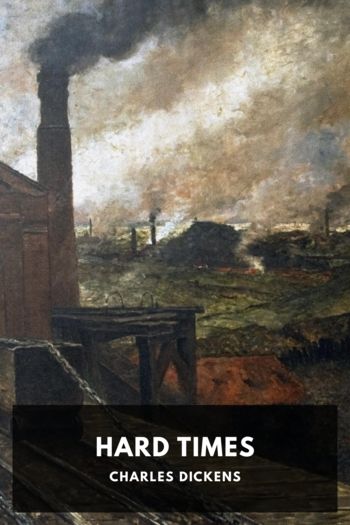Millennium Holland, Tom (read dune .TXT) 📖

Book online «Millennium Holland, Tom (read dune .TXT) 📖». Author Holland, Tom
Times, then, had clearly changed, when the cruelties of an alien people could be regarded, not as a menace, but as a potential buttress of Christendom. Within living memory, after all, there were those who had dreaded that the entire world of Christian order was doomed to collapse, shaken to fragments by the thunderous hoof beats of paganism, and consigned to its sacrilegious flames. Yet Christendom had not succumbed. Its laws, its rituals, its mysteries had endured. Rather, like a phantom dissolved upon the splashing of holy water or the singing of a psalm, it was the heathen assailants of Christendom who had found themselves, in the final reckoning, confounded, disarmed, transfigured. In Hungary, such a paragon of godliness was Caesar’s brother-in-law, King Stephen, that he would end up officially proclaimed a saint; in Gniezno, at the tomb of the blessed Adalbert, stupendous miracles continued to be performed, to the awe and wonder of all; even further east, on the very margin of the world, where Gog and Magog had once been believed to wait, there now sat a Christian prince within a Christian city, the fabulous stronghold of Kiev. Perhaps, then, in the cross-surmounted apple sent by the emperor to Odilo, there was to be found a symbol, not merely of hope, but of celebration. Already, it appeared, such was the golden brilliancy of the heartlands of Christendom that its glow was spilling outwards to the ends of the earth.
Yet in truth, it was not along the limits of the Christian world, among distant barbarians, in lands with grotesque and unpronounceable names, that the most startling evidence of all was to be found of how a savage nation might be redeemed. Instead, it lay directly on the doorstep of the King of France himself. North-westwards out of Paris, that nerve centre of Capetian power, there wound a mighty river, the Seine; and as its currents flowed onwards to the sea, so they passed by ‘woods teeming with wild animals, fields ideal for growing corn and other crops, and meadows lush with cattle-fattening grass’. A province, in short, not to be surrendered idly; and sure enough, for many centuries, ever since the first coming of Clovis into Gaul, it had served as a prized adornment of the empire of the Franks. And yet, under the heirs of Charlemagne, the empire of the Franks had let it slip. So terminally, indeed, that with the dawning of the second millennium a new word was starting to be used to describe the region, a word that branded it the property, not of the Franks at all, but of barbarians who had long seemed, even more than the Hungarians or Saracens, a horror risen up from the most anguished depths of
Christian nightmares. ‘Normandy’, people were coming to call it: the land of the ‘Nordmanni’ – the ‘Northmen’.
It was a name fit to inspire terror. That the frozen rim of the world might make for danger had been appreciated since ancient times. ‘A hive of nations’: so one historian, writing in the early years of Constantinople, had termed the furthermost North. Centuries on, and a more detailed knowledge of the intimidating expanses of Scandinavia had done nothing to impair this judgement. Given their interminable winters, what else was there for the inhabitants to do, save to copulate and breed? It had certainly come as little surprise to venturesome missionaries to discover that many of the demons worshipped by the Northmen should have been prodigious fornicators: one of them, for instance, a giant-slaughtering hammer- wielder by the name of Thor, was a compulsively enthusiastic rapist; while a second, Frey, boasted a ‘phallus of truly enormous dimensions’. Alarming revelations, to be sure: for people capable of worshipping gods such as these, violent in their ambitions, insatiable in their lusts, could hardly help but prove a menace to Christendom, rather as lascivious promptings might beset a virtuous soul. The Northmen, certainly, were notorious for setting few limits on their ravening. To harvest women, ‘leading them down to a bright ship, fetters biting greedily into their soft flesh’; to deny their bodies to rivals; then to father on them a teeming plenitude of sons: these were held the surest proofs of manliness. ‘And so it is that these people soon grow too numerous for their native land to support them – and the consequence is that a war band of young men has to be selected by lot, according to an ancient custom, and these are then sent out into the world, to seize new lands for themselves at the point of a sword.’
Such, at any rate, among Christian moralists, was the favoured explanation for the deadly waves of pirates from Scandinavia who, surging and withdrawing and then surging yet again, upon a seemingly endless tide, had been bloodying the shores of Christendom for more than two centuries, ever since the time of Charlemagne. Whether the theory was true or not, there was certainly a grim satisfaction to be had in believing it. Although the depredations of





Comments (0)